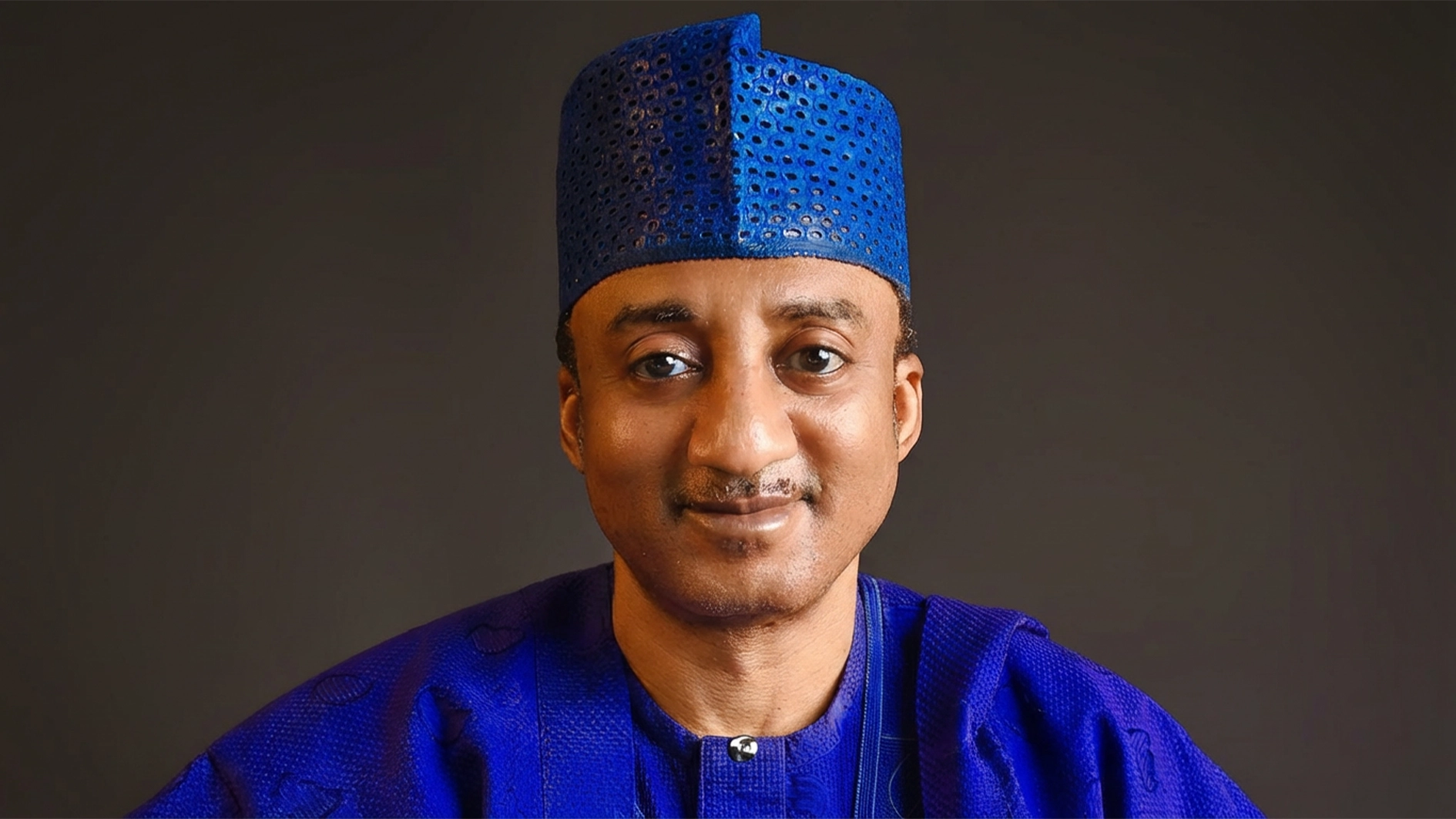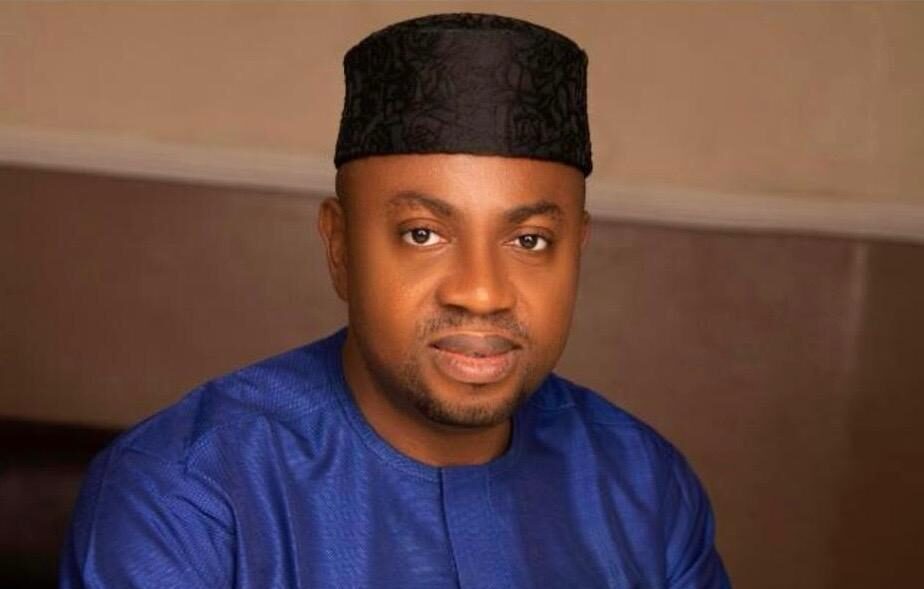Nigeria’s ambition to build a competitive and sustainable automotive industry received renewed momentum on Monday as top government officials, industry players, and global mobility brands gathered at Eagle Square for the opening of the 25th Abuja International Motor Fair.
The Silver Jubilee edition, organised by BKG Exhibitions, brought together vehicle manufacturers, assemblers, component producers, and mobility solution providers. For 25 years, the fair has served as West Africa’s leading automotive marketplace, providing a platform for investment, innovation, and strategic industry engagement.
Declaring the event open on behalf of Vice President Kashim Shettima, a representative reaffirmed the administration’s commitment to reforms aimed at boosting industrialisation and strengthening Nigeria’s automotive sector. He highlighted the government’s Gas, Green, and Growth agenda, emphasising a deliberate shift toward cleaner, more efficient mobility solutions, including electric vehicles (EVs) and compressed natural gas (CNG) vehicles.
A key component of these reforms is the newly introduced ₦20 billion CreditCorp fund, aimed at making locally assembled vehicles more affordable for Nigerians. The initiative is expected to stimulate demand, expand assembly operations, create jobs, and strengthen the automotive value chain.
In his opening remarks, Director-General of the National Automotive Design and Development Council (NADDC), Otunba Oluwemimo Joseph Osanipin, highlighted milestones under the National Automotive Industry Development Plan (NAIDP).
He noted that over 30 automotive assembly plants now operate across the country, producing passenger cars, buses, and trucks—including indigenous brands such as Innoson, Jet Motors, and Nord.
Osanipin added that the NADDC has trained more than 30,000 auto technicians nationwide and established material and component testing centres in Zaria and Enugu to ensure that locally made components meet global standards.
He also confirmed that solar-powered EV charging stations have been completed and a comprehensive EV Policy is being finalised to incentivise both producers and users of new-energy vehicles. Partnerships with the Bank of Industry and CreditCorp are further expanding financing options for locally assembled vehicles.
Representing the Federal Ministry of Industry, Trade and Investment, Minister of State Senator John Owenoh Owan stressed the importance of policy consistency and investor confidence, noting that Nigeria must leverage the African Continental Free Trade Area (AfCFTA) to position its automotive products for continental markets.
Exhibitors captivated attendees with a fascinating array of electric and CNG vehicles, including sedans, SUVs, trucks, tricycles, and motorcycles.
The showcase highlighted Nigeria’s growing capabilities in vehicle design, assembly, and sustainable mobility. Organisers expect thousands of visitors over the four-day event, which promises to generate partnerships, investment, and innovations that will cement Nigeria’s position as the automotive hub of West Africa.






